Home>Garden Essentials>How Long Does Moringa Take To Germinate
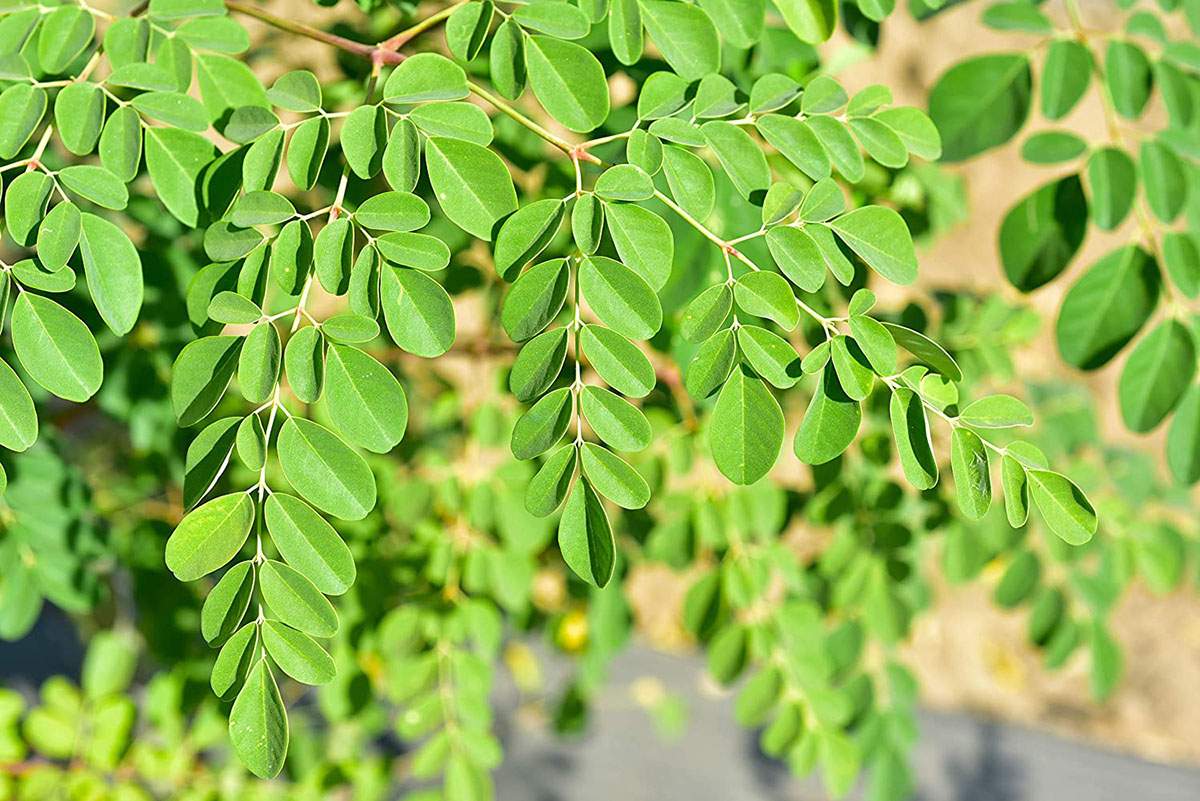

Garden Essentials
How Long Does Moringa Take To Germinate
Modified: March 16, 2024
Discover how long it takes for Moringa seeds to germinate in your garden. Learn the germination process and tips for successful growth.
(Many of the links in this article redirect to a specific reviewed product. Your purchase of these products through affiliate links helps to generate commission for Storables.com, at no extra cost. Learn more)
Introduction
Gardening enthusiasts are often eager to get their plants started as soon as possible, and one crucial step in the process is germination. The germination stage is when a seed transforms into a young plant, ready to grow and flourish. In the world of gardening, each plant has its own unique germination period, influenced by various factors such as temperature, moisture, and soil conditions. One plant that has gained significant popularity in recent years for its various health benefits and versatile uses is moringa.
Moringa, also known as the “Miracle Tree,” is a fast-growing, drought-resistant tree native to parts of Africa and Asia. Not only is moringa a great source of nutrition, but it is also valued for its medicinal properties. Many individuals are now interested in growing moringa in their gardens or as potted plants. However, one common question that arises is, “How long does moringa take to germinate?”
The germination process for moringa seeds can vary depending on certain factors, but with the right conditions and care, you can ensure successful germination and get your moringa plants off to a great start. In this article, we will delve into the factors that affect moringa germination, explore the typical germination time for moringa seeds, and provide some helpful tips to enhance the germination process.
Key Takeaways:
- Moringa seeds typically take 7 to 14 days to germinate, but factors like temperature and seed quality can affect the timeline. Patience and proper care are key during this exciting stage of gardening!
- To ensure successful germination of moringa seeds, provide consistent moisture, warmth, and high-quality seeds. Follow helpful tips like scarification and soil preparation for healthy plant growth. Happy gardening!
Read more: How Long Does It Take For Mint To Germinate?
Factors Affecting Moringa Germination
Several key factors can affect the germination of moringa seeds. Understanding and addressing these factors will greatly increase the chances of successful germination and healthy plant growth.
- Temperature: Moringa seeds prefer warmer temperatures for germination, ideally between 70 to 90°F (21 to 32°C). Warmer temperatures help speed up the germination process, while colder temperatures can significantly delay or inhibit germination. It is essential to provide a consistently warm environment for optimal results.
- Moisture: Adequate moisture is vital during the germination process. Moringa seeds require moist soil to absorb water and initiate sprouting. However, it is crucial to avoid overwatering, as excessive moisture can lead to rotting and fungal diseases. Consistent watering, ensuring the soil is evenly moist but not waterlogged, is key to successful germination.
- Light: Moringa seeds do not require light to germinate. In fact, keeping the seeds in a dark environment can help maintain moisture and provide a favorable germination environment. Once the seedlings emerge, they will require adequate light to grow and thrive.
- Soil Quality: Moringa seeds prefer well-draining soil with a neutral pH level. A loose and fertile soil mix enriched with organic matter can provide the ideal growing medium for moringa seeds. Good drainage prevents waterlogging, which can hinder germination and cause root rot.
- Seed Quality: The quality of the moringa seeds plays a crucial role in germination. It is recommended to source fresh, high-quality seeds from reputable suppliers. Older or improperly stored seeds may have reduced viability and can lead to lower germination rates.
- Scarification: Moringa seeds have a hard outer shell that can hinder germination. To enhance germination rates, you can gently scarify the seed coat by nicking or filing the outer surface. This process helps water penetrate the seed, stimulating germination. However, exercise caution, as excessive scarification can damage the seed.
- Stratification: Stratifying moringa seeds can improve germination rates, especially if you are planting them in colder climates. Stratification involves cold treatment to break seed dormancy. To stratify moringa seeds, place them in a damp paper towel or peat moss in a sealed bag and refrigerate for a few weeks before sowing.
By considering and optimizing these factors, you can significantly enhance the germination rate of your moringa seeds and foster healthy growth in your plants. Now that we have explored the factors affecting germination, let’s move on to the next section to understand how long moringa seeds typically take to germinate.
Germination Time for Moringa Seeds
The germination time for moringa seeds can vary depending on several factors, but generally, you can expect to see germination within 7 to 14 days under optimal conditions. However, it is important to note that germination can sometimes take longer, up to 21 days or more.
The temperature plays a significant role in determining the germination time. Higher temperatures, around 85°F (29°C), can expedite the process and lead to quicker germination, sometimes within a week. On the other hand, lower temperatures, below 70°F (21°C), can prolong the germination period, sometimes up to three weeks or more.
Another factor that influences germination time is the quality and viability of the seeds. Fresh and high-quality moringa seeds will generally have higher germination rates and faster germination times compared to older or low-quality seeds.
During the germination period, it’s important to maintain consistent moisture levels in the soil. Regularly check the soil moisture and ensure it stays evenly moist, but not soaked. Inadequate moisture can impede germination, while excessive moisture can lead to damping off or other fungal diseases.
While moringa seeds can germinate successfully in the dark, some gardeners prefer to use bottom heat or a heat mat to provide additional warmth and speed up germination. This can be especially helpful if you are starting your seeds in a cooler environment.
It’s important to keep in mind that each seed is unique, and there may be slight variations in germination times. Patience is key during this stage of the gardening process. If your moringa seeds haven’t germinated within the typical time frame, give them a bit more time before assuming they are not viable.
Now that we understand the factors affecting the germination of moringa seeds and have a general idea of the germination time, let’s move on to some tips to ensure successful germination of your moringa seeds.
Moringa seeds typically take 1-2 weeks to germinate when planted in well-draining soil and kept consistently moist. Providing warmth and light can also help speed up the germination process.
Tips for Successful Germination
To increase the success rate of germinating moringa seeds, there are several tips and techniques you can employ. Implementing these strategies will help create an optimal environment for germination and improve the overall health of your moringa plants.
- Select high-quality seeds: Start with fresh, high-quality moringa seeds from a reputable source. Good seed quality significantly improves germination rates and ensures healthy plant development.
- Prepare the soil: Use well-draining soil with a neutral pH level for planting moringa seeds. A mixture of compost, sand, and perlite or vermiculite works well to provide a loose and fertile soil medium for germination.
- Scarify the seeds: Gently scarify the hard outer shell of the moringa seeds to help water penetrate and initiate germination. You can use a nail file or sandpaper to lightly file the outer surface or make a small nick on the seed coat.
- Stratify the seeds (optional): If you live in an area with colder temperatures, consider stratifying the moringa seeds. Place them in a damp paper towel or peat moss in a sealed bag and refrigerate for a few weeks. This cold treatment can help break seed dormancy and improve germination rates.
- Provide consistent moisture: Ensure the soil remains consistently moist but not overly saturated. Regularly check the moisture levels and water when needed. Mist the soil lightly with water to prevent it from drying out.
- Keep the temperature optimal: Maintaining a warm temperature between 70 to 90°F (21 to 32°C) is crucial for successful germination. Consider using a heat mat or placing the containers in a warm area to provide the necessary warmth for the seeds.
- Avoid direct sunlight: While moringa seeds do not require light to germinate, keep them in a dark environment until the seedlings emerge. Once the seedlings are visible, provide them with bright, indirect sunlight or grow lights for healthy growth.
- Monitor and protect from pests: Regularly check for any signs of pests or diseases and take appropriate measures to protect your young moringa plants. Avoid using chemical pesticides during germination, as they can harm the delicate seedlings.
- Transplant with care: Once the seedlings have developed a few true leaves, they can be transplanted into larger pots or outdoor garden beds. Handle the seedlings gently to avoid disturbing the roots and provide them with proper support as they grow.
By following these tips, you will increase the chances of successful germination for your moringa seeds and establish a strong foundation for healthy plant growth. Remember to be patient, as germination times may vary slightly, and provide consistent care to your moringa seedlings as they continue to grow.
Now that we have explored the factors affecting germination, germination time, and helpful tips, you are well-equipped to start your moringa seeds with confidence. Happy gardening!
Conclusion
Growing moringa plants from seeds can be a rewarding and fulfilling experience. Understanding the factors that affect germination, the typical germination time, and implementing the right techniques can greatly increase your chances of success.
Factors such as temperature, moisture, light, soil quality, and seed quality all play a role in the germination process. By optimizing these factors, you can create an ideal environment for the moringa seeds to sprout and develop into healthy plants.
The germination time for moringa seeds typically ranges from 7 to 14 days, but it can vary depending on factors such as temperature and seed quality. Patience and consistent care are important during this stage, as each seed may have slightly different germination times.
To ensure successful germination, keep in mind the tips and techniques mentioned earlier. Select high-quality seeds, prepare the soil properly, scarify or stratify the seeds if necessary, provide consistent moisture and a warm temperature, and protect the seedlings from pests and diseases.
As your moringa seedlings grow and develop, continue to provide them with the necessary care and attention. Transplant them into larger containers or garden beds when they have developed a few true leaves, and provide them with sufficient light and water to thrive.
In conclusion, the germination of moringa seeds requires attention to detail and an understanding of the plant’s specific requirements. By carefully considering the factors influencing germination, following the appropriate techniques, and maintaining consistent care, you can successfully germinate moringa seeds and enjoy the benefits of growing these remarkable plants. Happy gardening!
Frequently Asked Questions about How Long Does Moringa Take To Germinate
Was this page helpful?
At Storables.com, we guarantee accurate and reliable information. Our content, validated by Expert Board Contributors, is crafted following stringent Editorial Policies. We're committed to providing you with well-researched, expert-backed insights for all your informational needs.
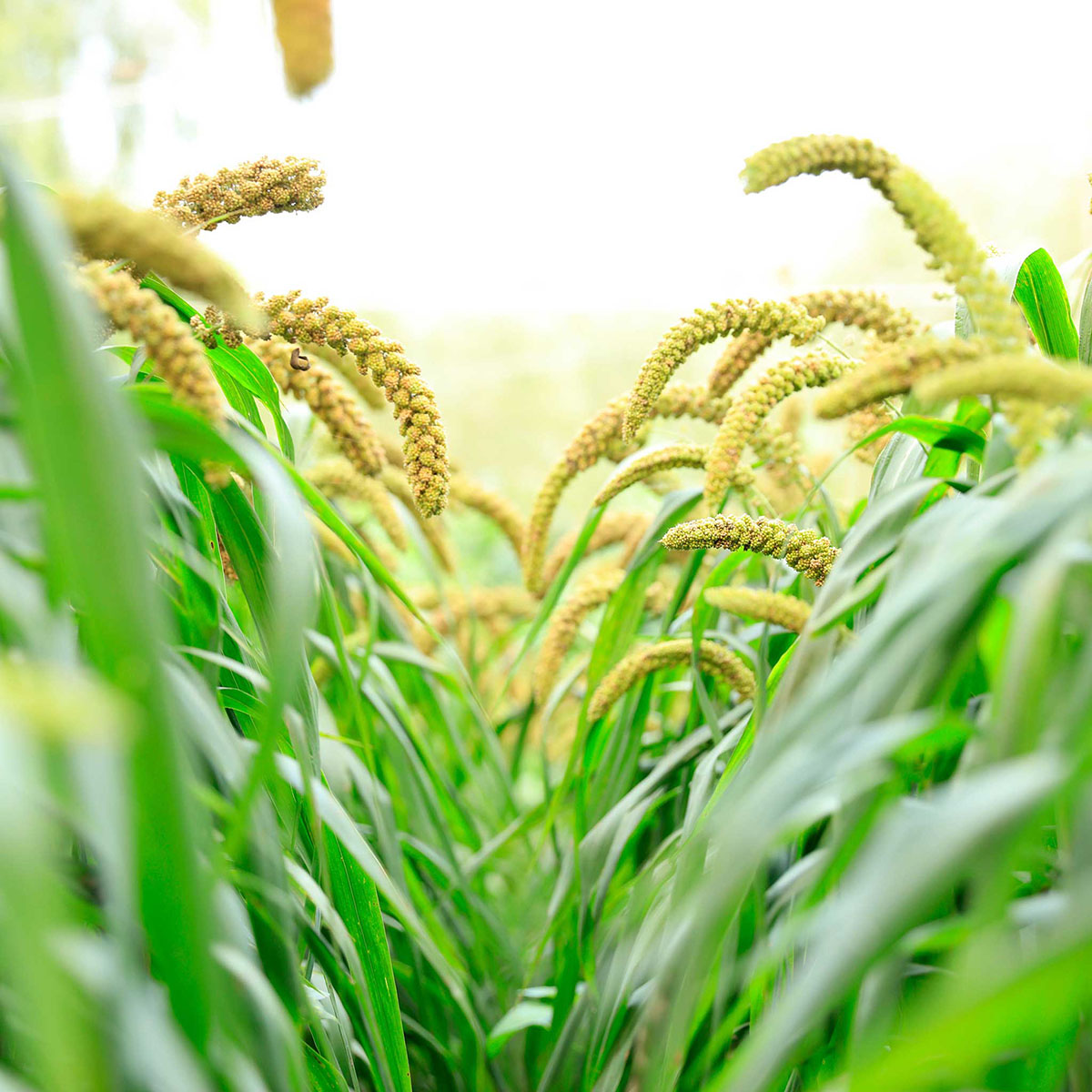


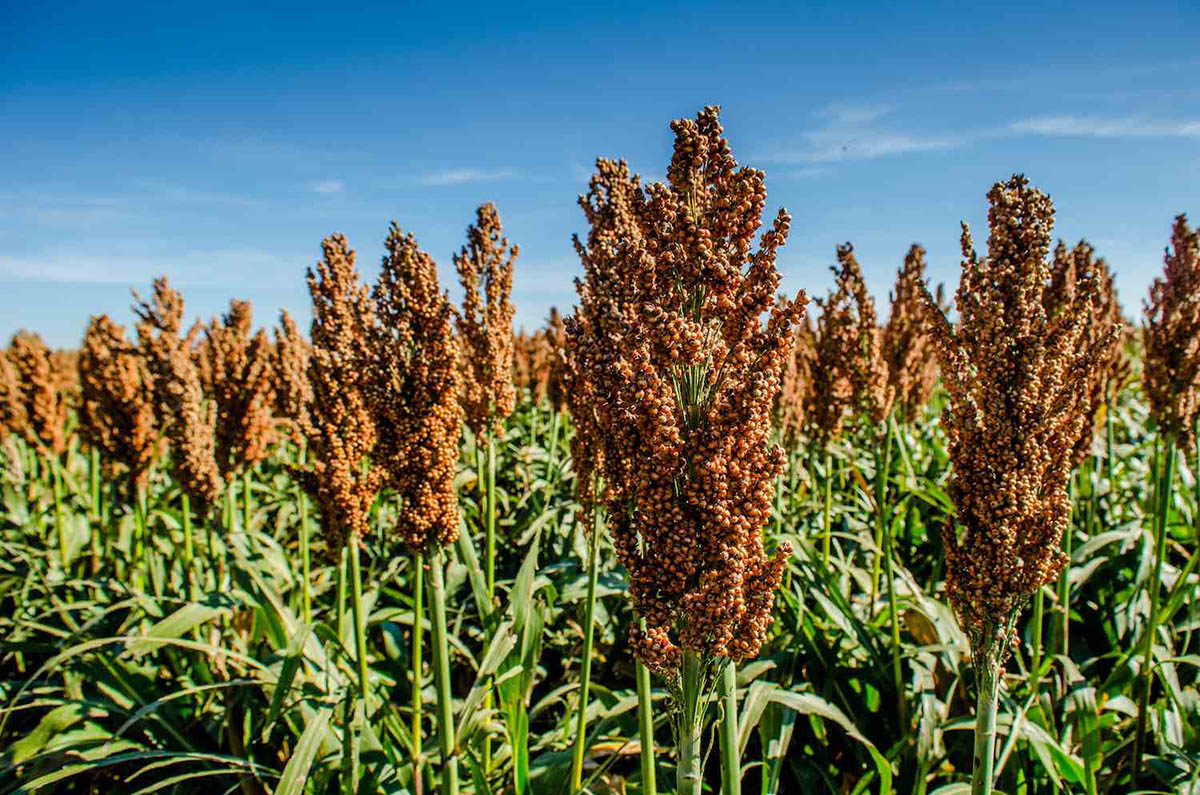
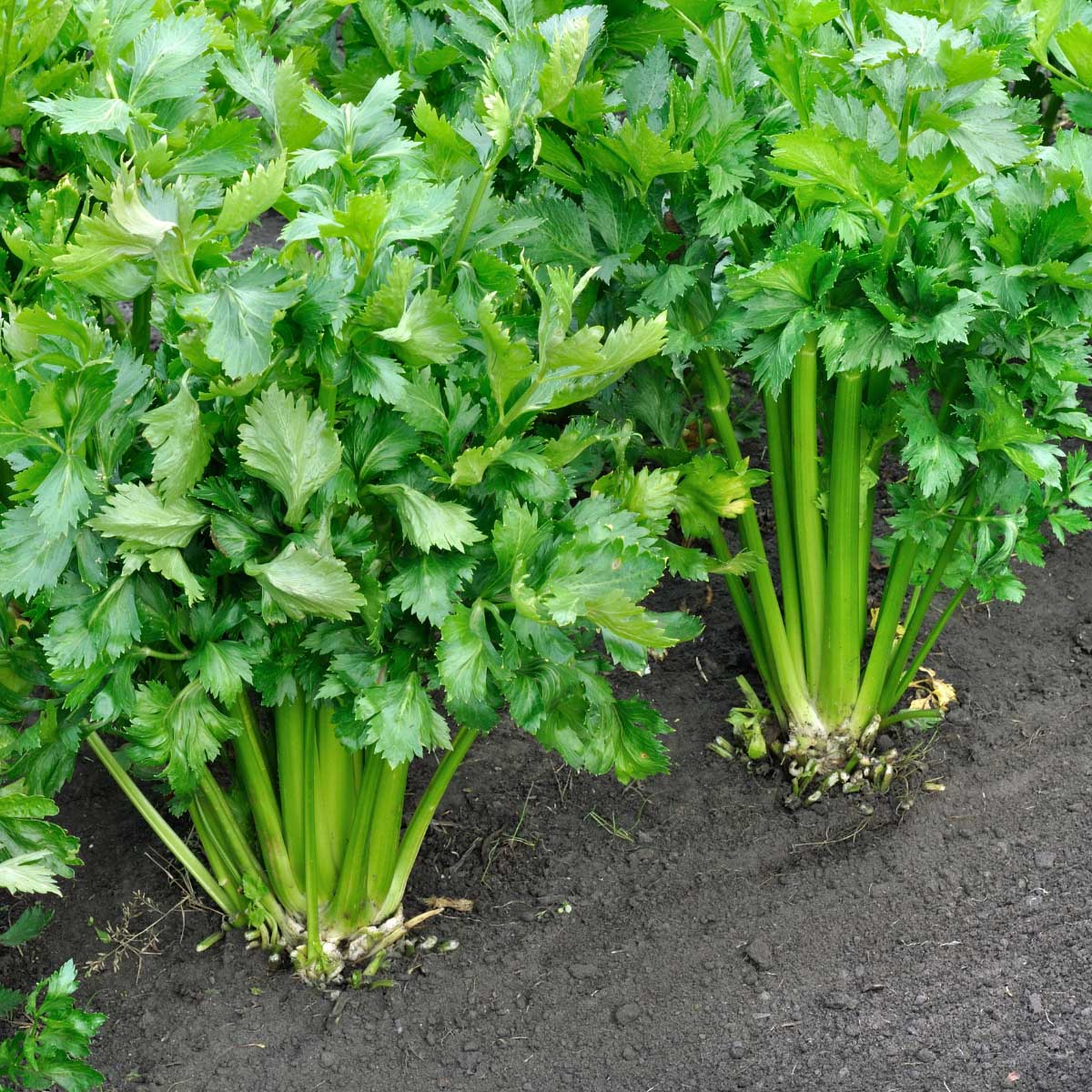
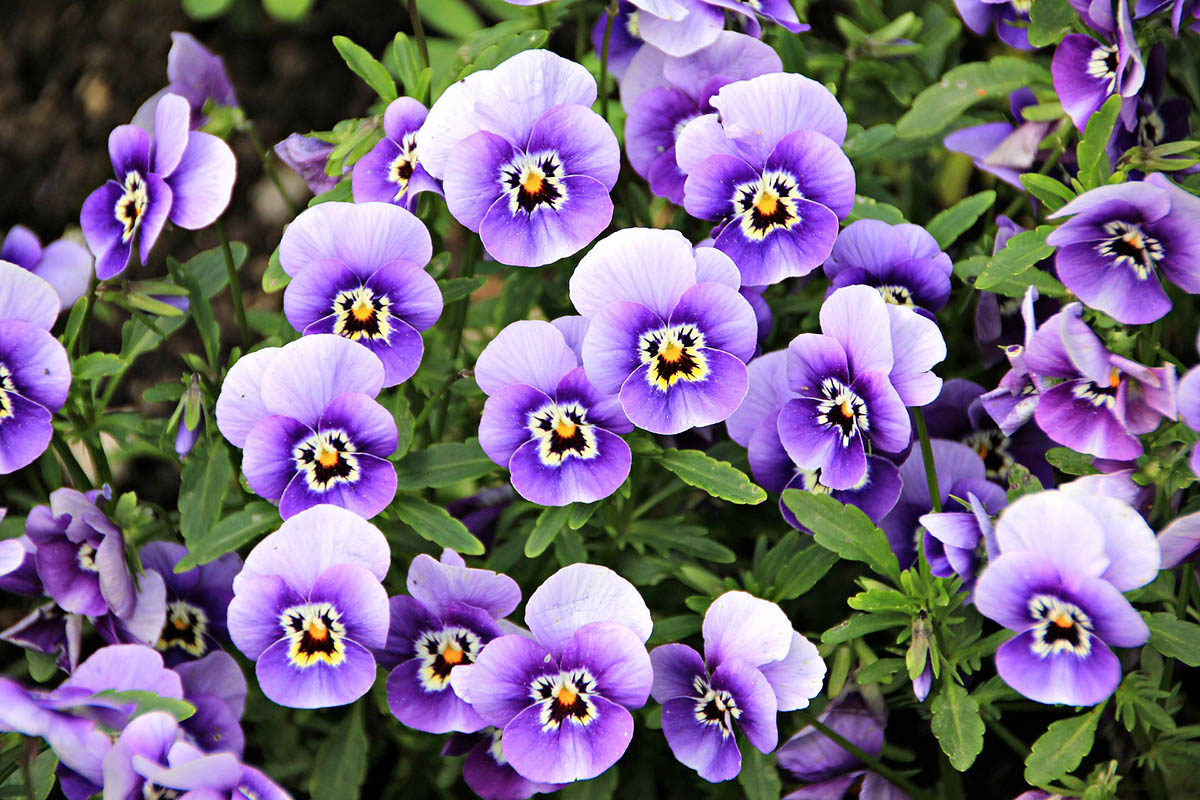
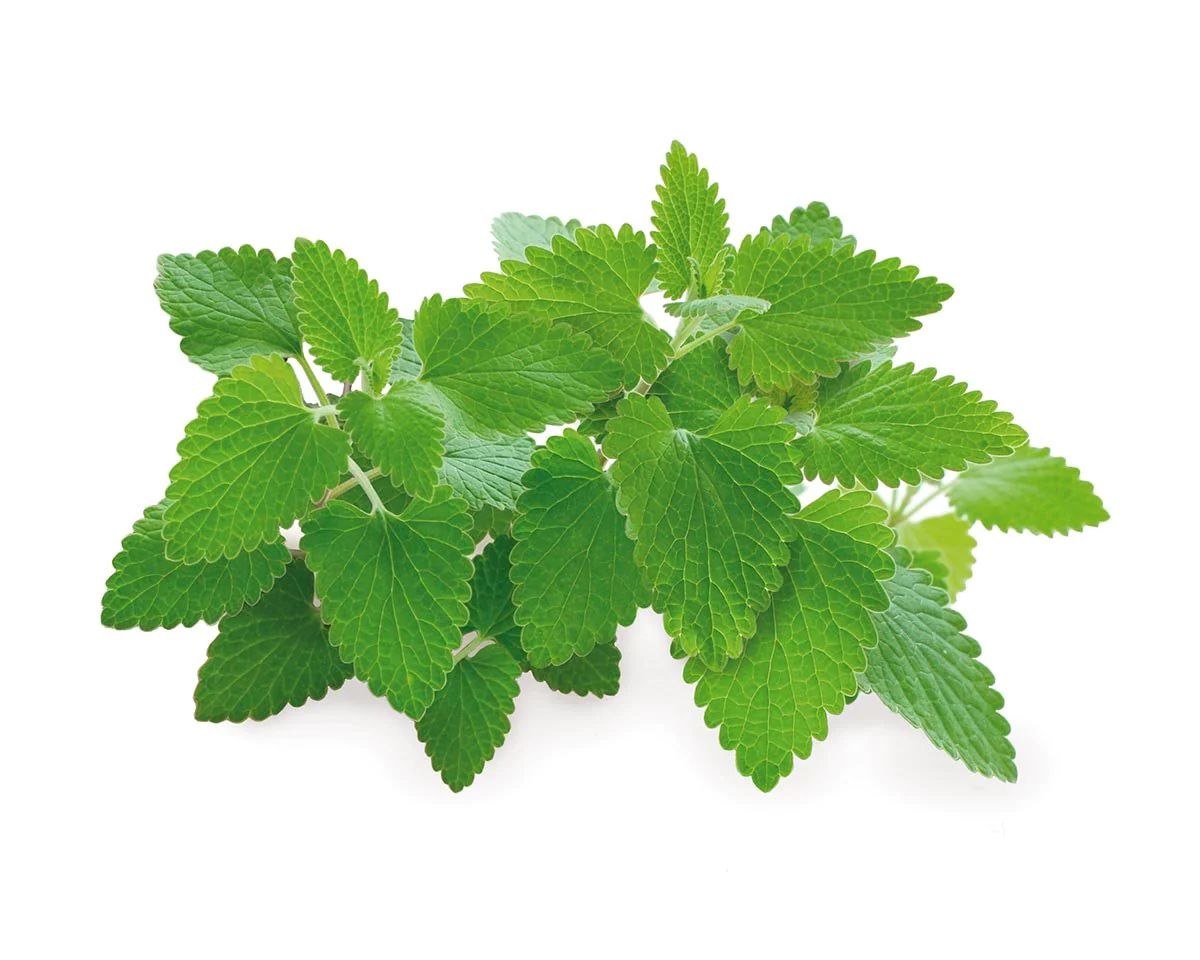
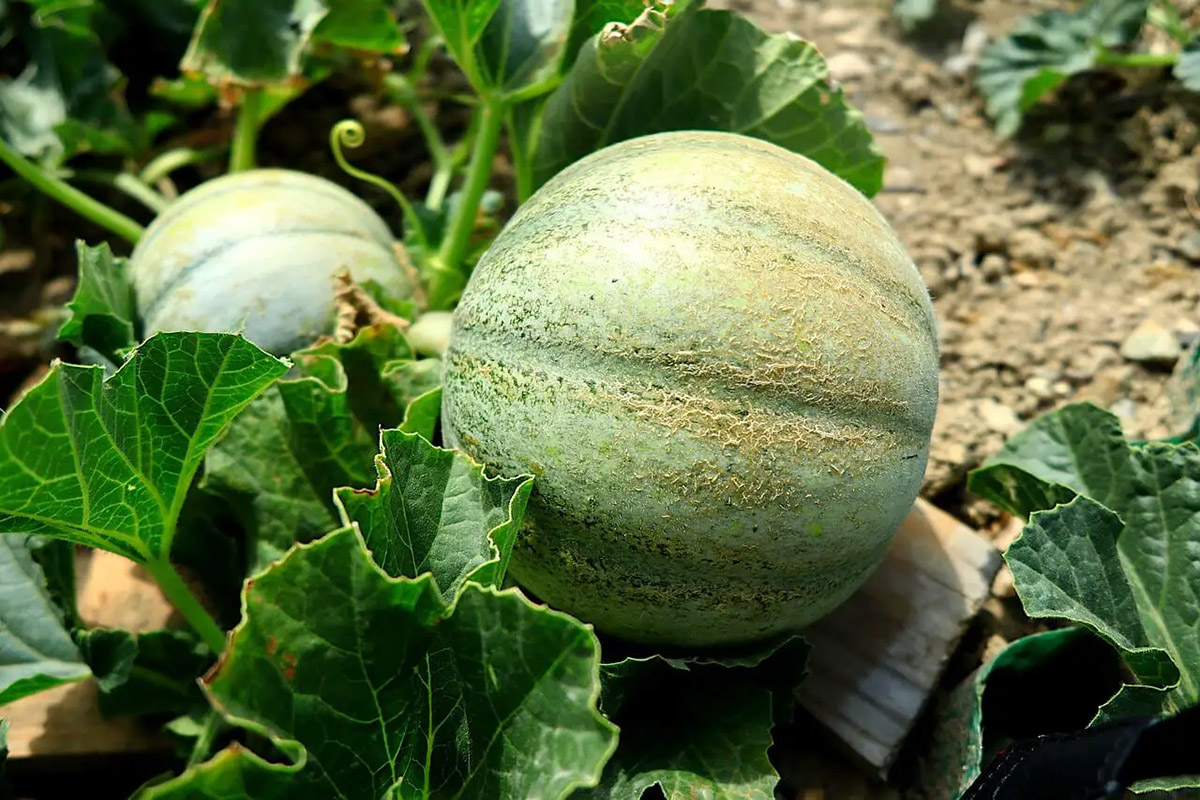
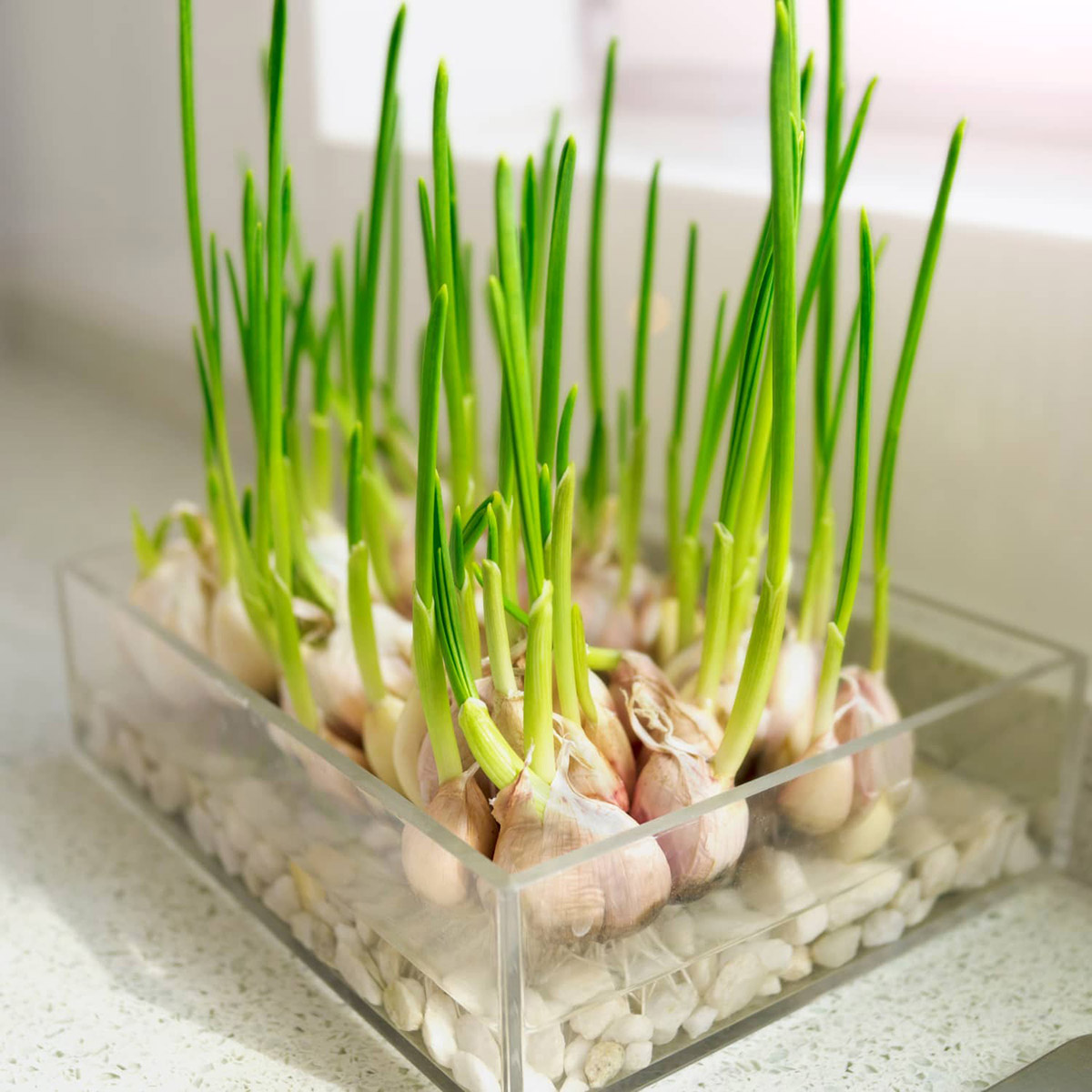
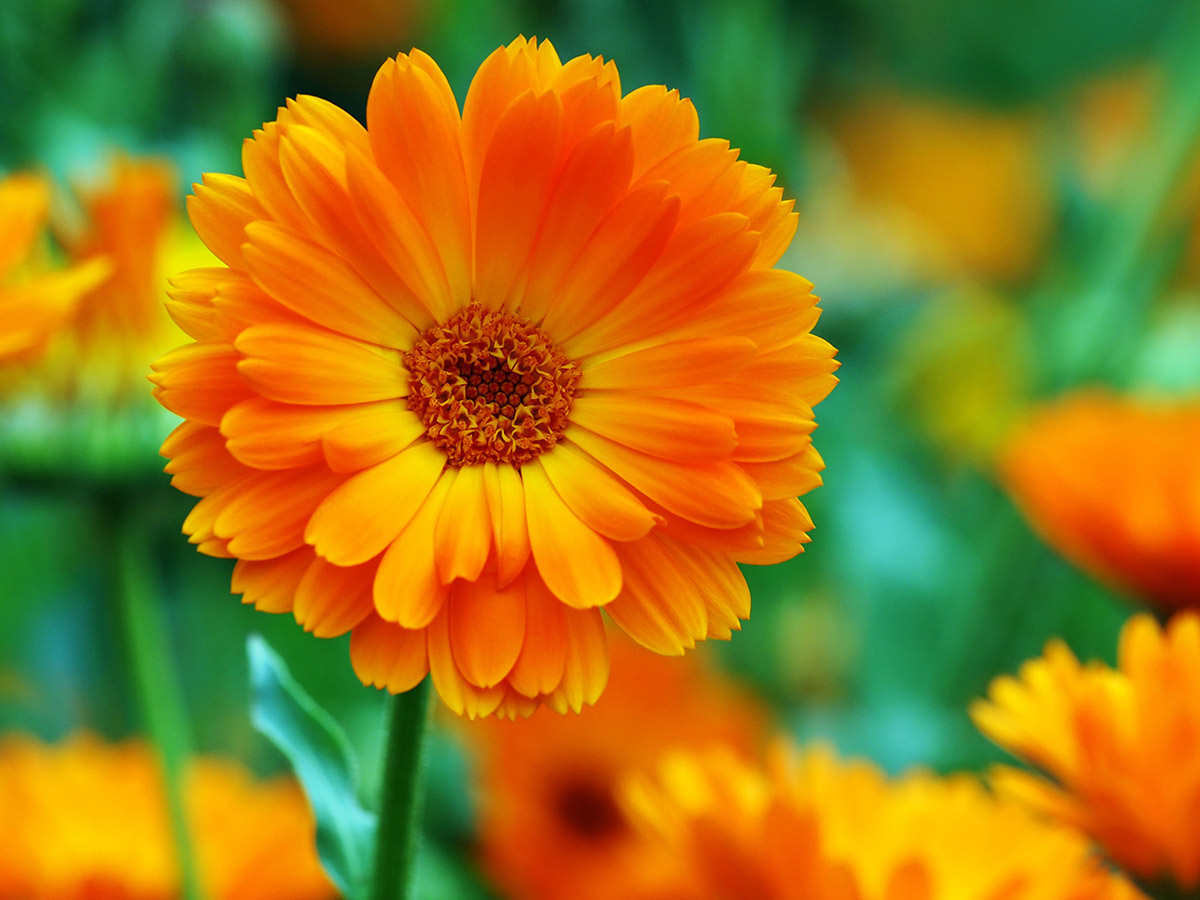
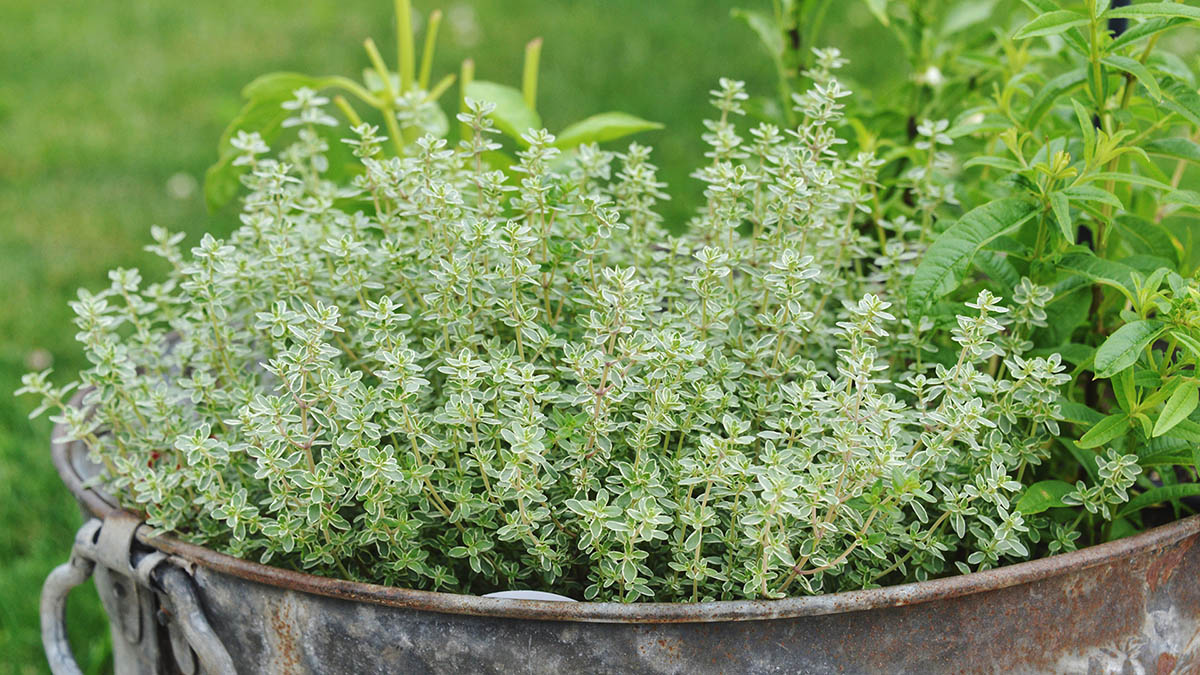
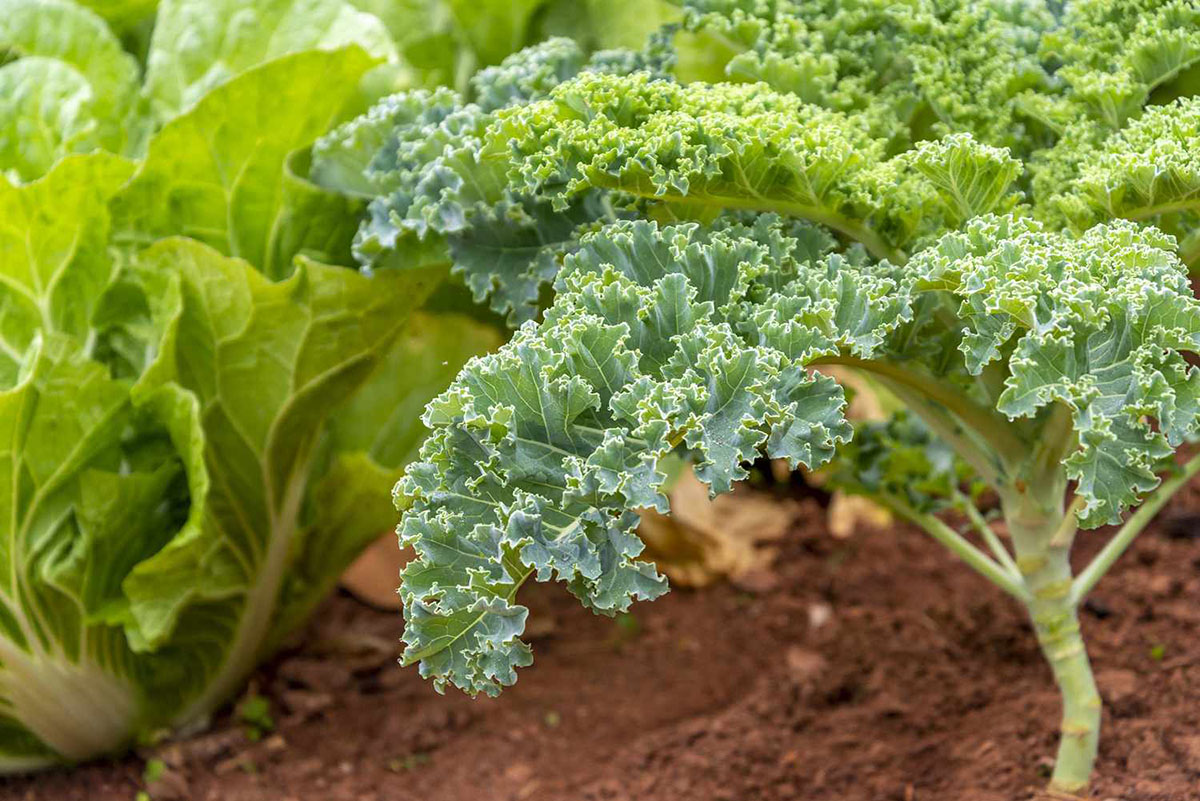
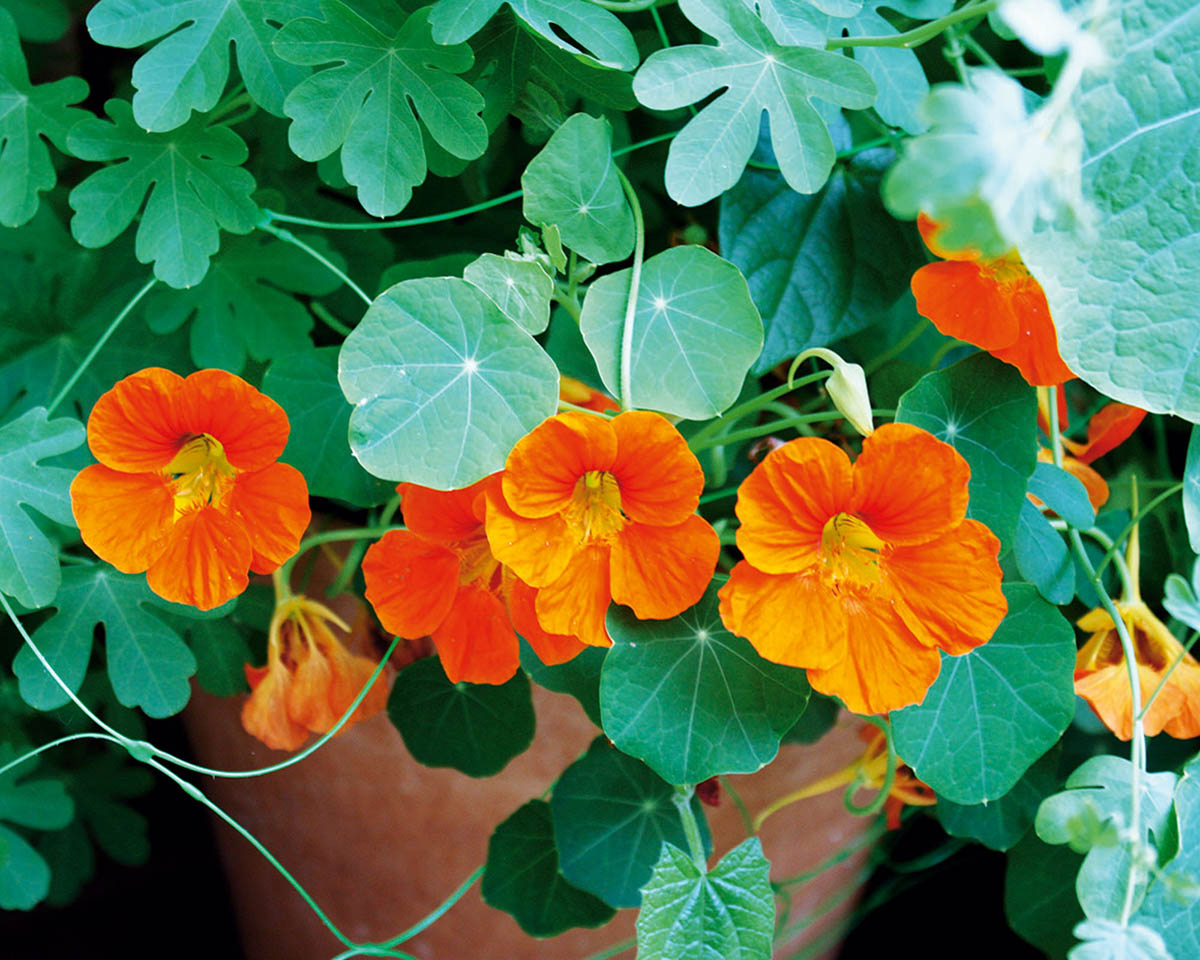
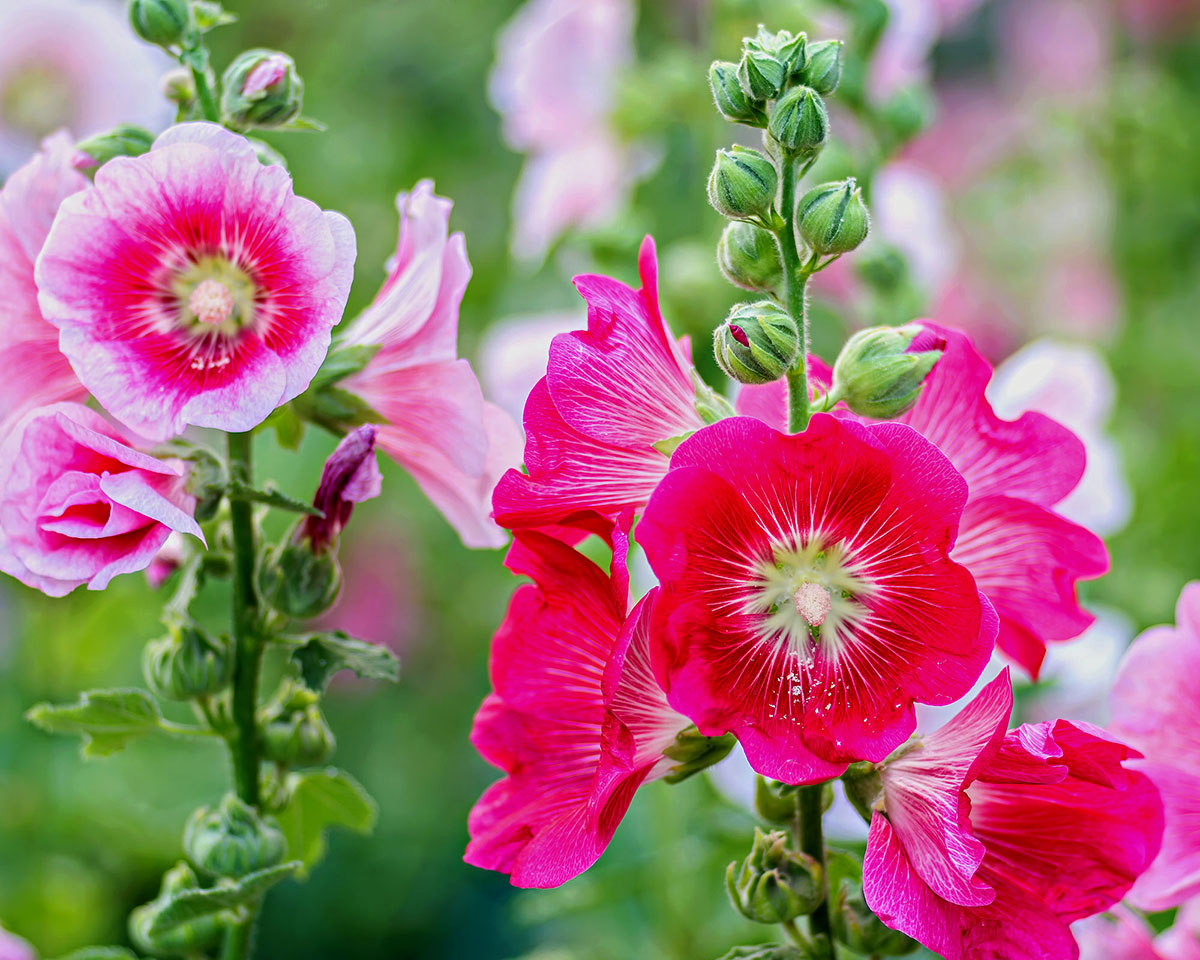
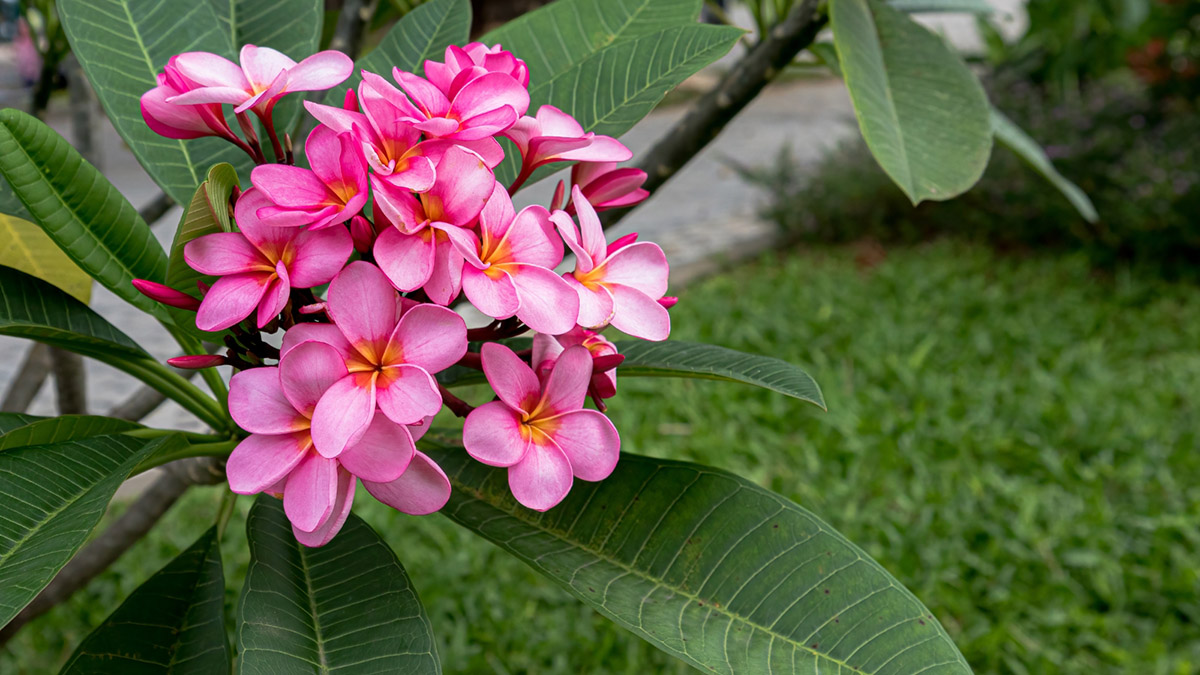

0 thoughts on “How Long Does Moringa Take To Germinate”